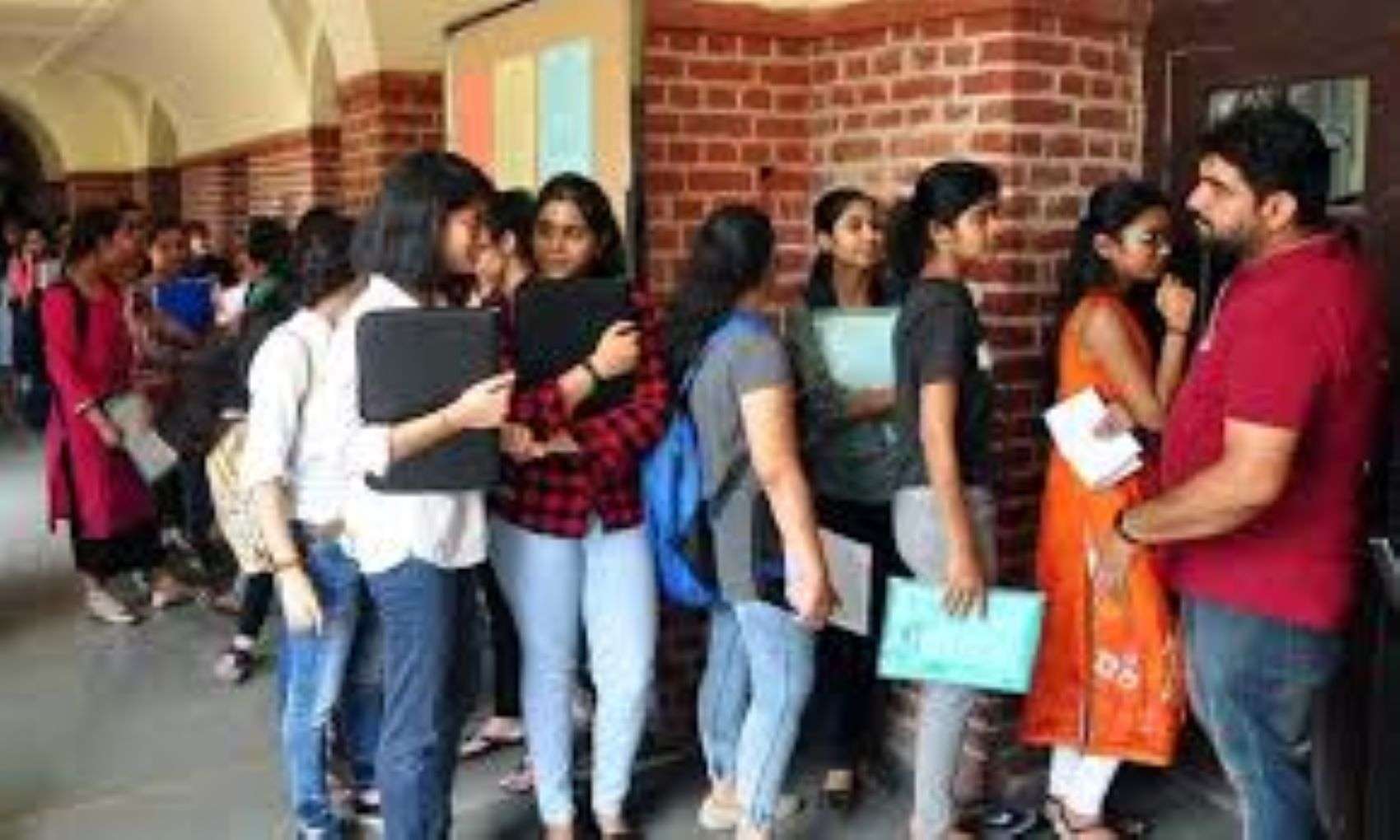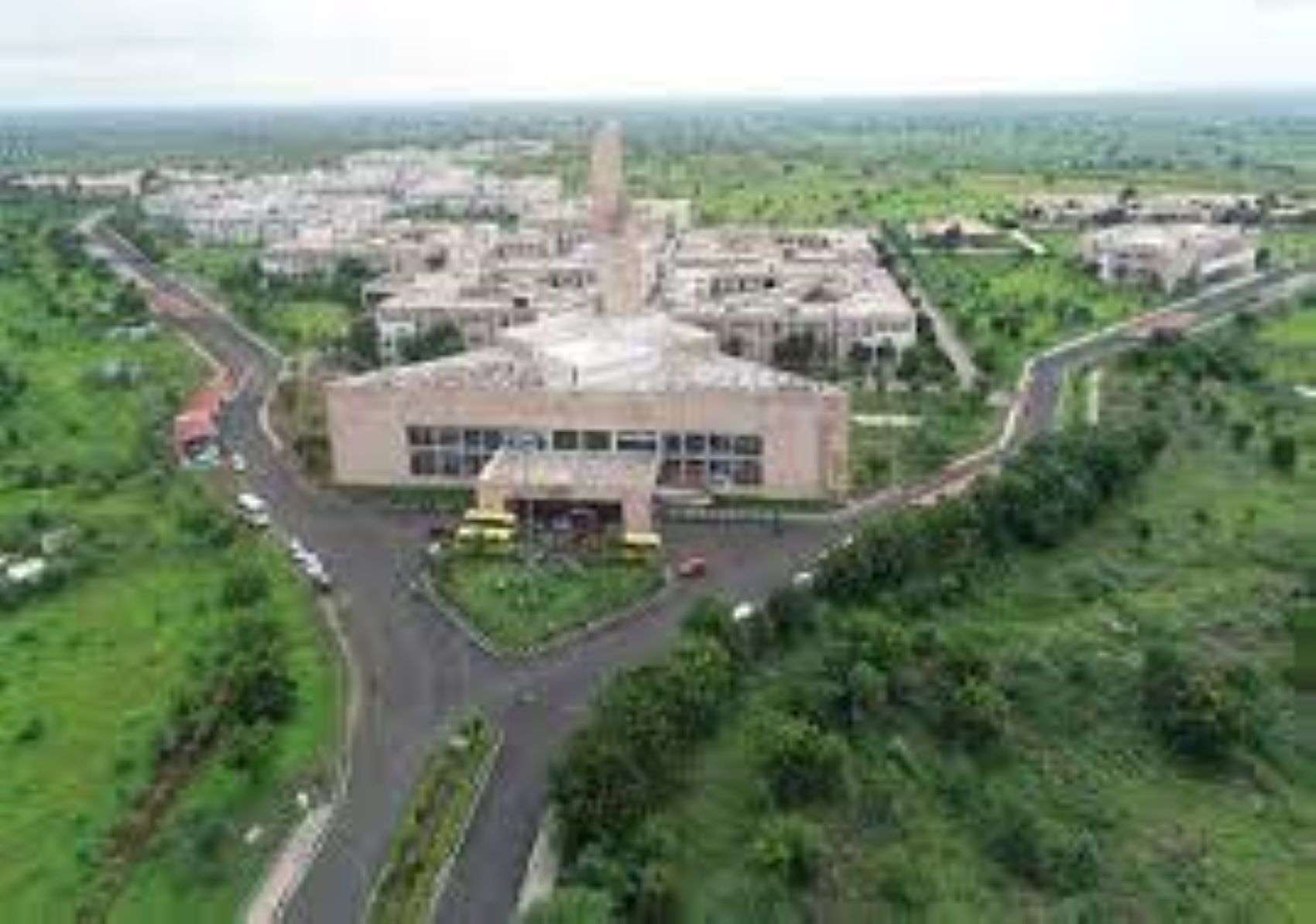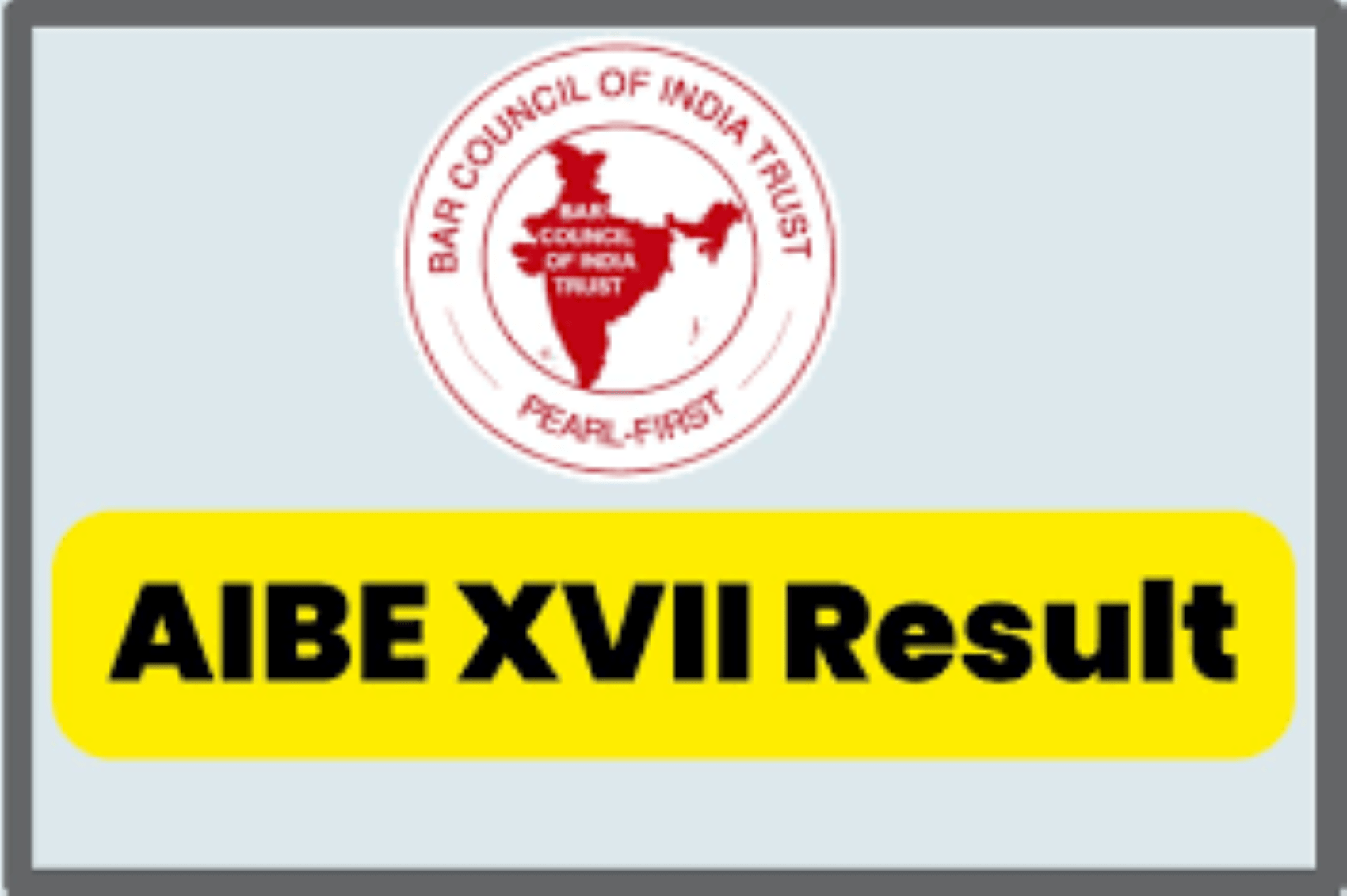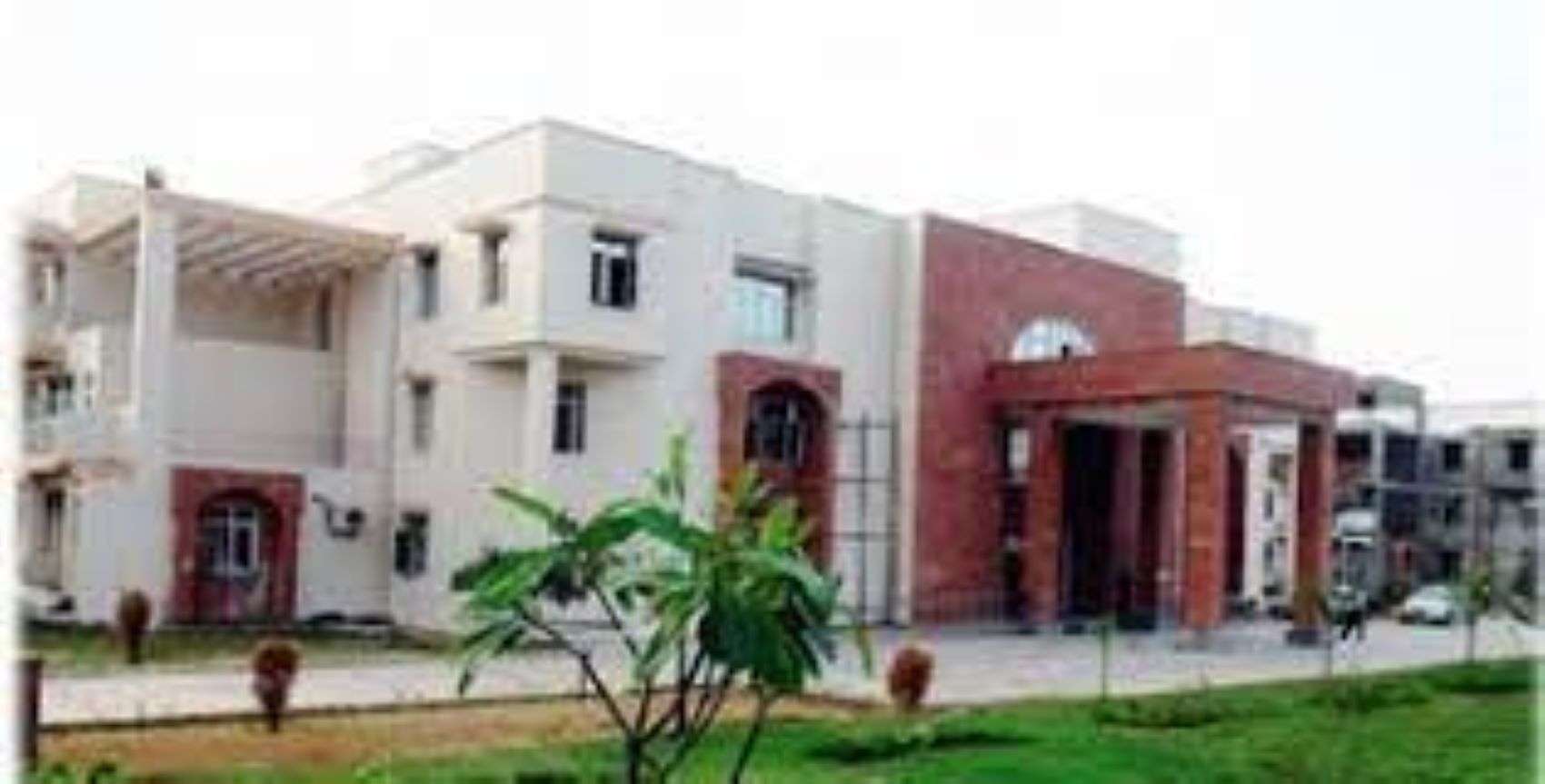UNFPO World Population Report 2020 titled, ‘Against my will: defying the practices that harm women and girls and undermine equality’ has estimated that 142 million girls are missing globally and 46 million girls are missing in India due to gender-biased sex selection.

Highlights
- United Nations Population Fund (UNFPA) estimates show that gender-biased (pre-natal) sex selection accounts for about 2 out of 3 of the total missing girls in India and post-birth female mortality accounts for about 1 in 3.
- China (50%) and India (40%) together account for about 90 per cent of the estimated 1.2 million missing female births annually worldwide due to gender-biased (prenatal) sex selection.
- According to estimates of missing female births due to pre-natal gender biased sex selection, averaged over a five- year period (2013-17), annually, there were 1.2 million missing female births at a global level. India had about 460,000 girls ‘missing’ at birth each year.
- India’s Sample Registration System Statistical Report 2018 has registered the sex ratio at birth is 899 for every 1000 boys born during the period 2016-18.
- Nine states have sex ratio at birth below 900 — Haryana, Uttarakand, Delhi, Gujarat, Rajasthan, Uttar Pradesh, Maharashtra, Punjab and Bihar.
- The report says that while progress has been made in ending some harmful practices worldwide, the Covid-19 pandemic threatens to reverse gains. A recent analysis revealed that if services and programmes remain shuttered for six months, an additional 13 million girls may be forced into marriage and 2 million more girls may be subjected to female genital mutilation between now and 2030.
What is UNFPA ?
UNFPA is the United Nations sexual and reproductive health agency. This organization’s mission is to deliver a world where every pregnancy is wanted, every childbirth is safe and every young person’s potential is fulfilled. UNFPA is formally named the United Nations Population Fund. UNFPA calls for the realization of reproductive rights for all and supports access to a wide range of sexual and reproductive health services – including voluntary family planning, maternal health care and comprehensive sexuality education.The organization was created in 1969, the same year the United Nations General Assembly declared “parents have the exclusive right to determine freely and responsibly the number and spacing of their children.”
What UNFPA Does?
- Reproductive health care for women and youth in more than 150 countries – which are home to more than 80 per cent of the world’s population.
- The health of pregnant women, especially the 1 million who face life-threatening complications each month.
- Reliable access to modern contraceptives sufficient to benefit 20 million women a year.
- Training of thousands of health workers to help ensure at least 90 per cent of all childbirths are supervised by skilled attendants.
- Prevention of gender-based violence, which affects 1 in 3 women.
- Abandonment of female genital mutilation, which harms 3 million girls annually.
- Prevention of teen pregnancies, complications of which are the leading cause of death for girls 15-19 years old..
- Efforts to end child marriage, which could affect an estimated 70 million girls over the next 5 years.
- Delivery of safe birth supplies, dignity kits and other life-saving materials to survivors of conflict and natural disaster.
- Censuses, data collection and analyses, which are essential for development planning











More Stories
Registration for CLAT 2025 begins today; last date October 15
CLAT 2025 registration will begin on July 15
Delhi University 5 Year Law Programs Registration Begins